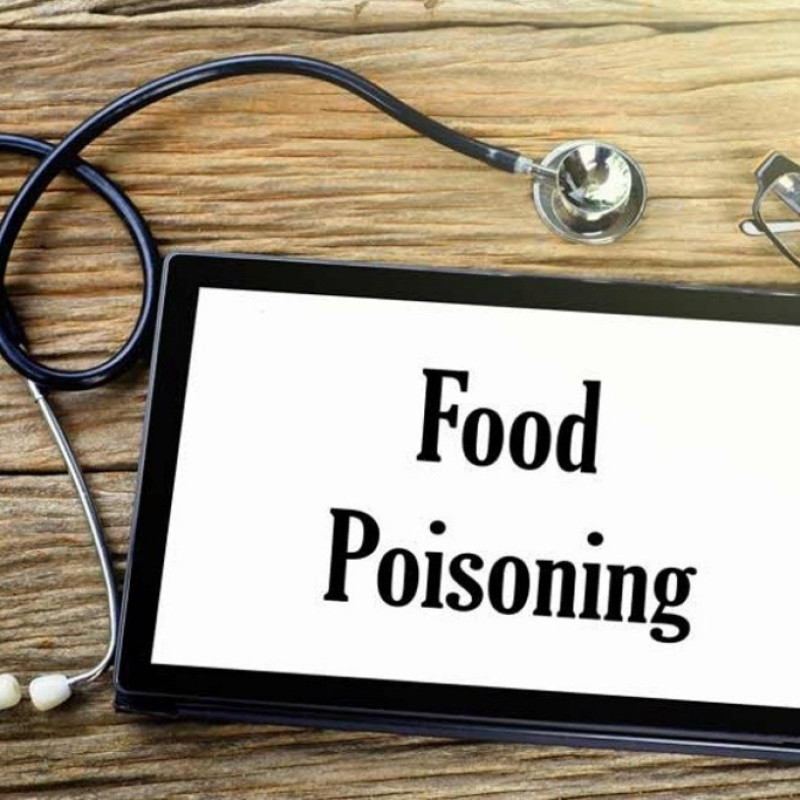What is Stress?
Stress is the body's natural response to demanding situations. It triggers a complex chain of reactions, releasing hormones like cortisol and adrenaline, preparing us for action. While short bursts of stress can be motivating, chronic stress can take a toll on our health and quality of life.
Recognizing the Signs of Stress:

Stress affects everyone differently, but common signs include:
- Physical: Headaches, muscle tension, fatigue, and sleep disturbances.
- Emotional: Anxiety, irritability, mood swings, and feeling overwhelmed.
- Behavioral: Changes in appetite, withdrawal from social activities, and difficulty concentrating.
Impact of Chronic Stress:

Long-term stress can contribute to serious health issues, such as cardiovascular diseases, digestive problems, weakened immune function, and mental health disorders like depression and anxiety. Managing stress effectively is essential for maintaining overall health and resilience.
Strategies for Stress Management:
Long-term stress can contribute to serious health issues, such as cardiovascular diseases, digestive problems, weakened immune function, and mental health disorders like depression and anxiety. Managing stress effectively is essential for maintaining overall health and resilience.

- Mindfulness and Relaxation Techniques: Practice mindfulness meditation, deep breathing exercises, or progressive muscle relaxation to calm the mind and reduce stress levels.
- Regular Physical Activity: Engage in regular exercise, such as walking, yoga, or swimming, which can help release endorphins and improve mood.
- Healthy Lifestyle Choices: Maintain a balanced diet rich in fruits, vegetables, and whole grains. Limit caffeine and alcohol intake, which can exacerbate stress and anxiety.
- Quality Sleep: Prioritize adequate sleep to restore energy levels and support overall well-being. Create a relaxing bedtime routine and ensure a comfortable sleep environment.
- Time Management: Organize tasks and prioritize responsibilities to avoid feeling overwhelmed. Break down larger tasks into smaller, manageable steps.
- Social Support: Connect with friends, family, or support groups. Sharing experiences and receiving emotional support can buffer the effects of stress.
Utilizing Pharmacy Resources:

As trusted healthcare providers, pharmacists offer valuable support in stress management:
- Nutritional Supplements: Supplements like magnesium or B vitamins, which can support stress resilience and overall well-being.
- Stress-Reducing Techniques: Pharmacists can provide guidance on relaxation aids or natural remedies, tailored to individual needs.
- Referral to Professionals: If stress becomes overwhelming or leads to mental health concerns, pharmacists can recommend seeking help from counselors or healthcare providers specializing in stress management.
Conclusion:
Stress is a part of life, but how we respond to it can make all the difference. By adopting healthy habits, seeking support, and utilizing available resources, we can effectively manage stress and enhance our quality of life. Take proactive steps today to prioritize your well-being and navigate stress with resilience.







